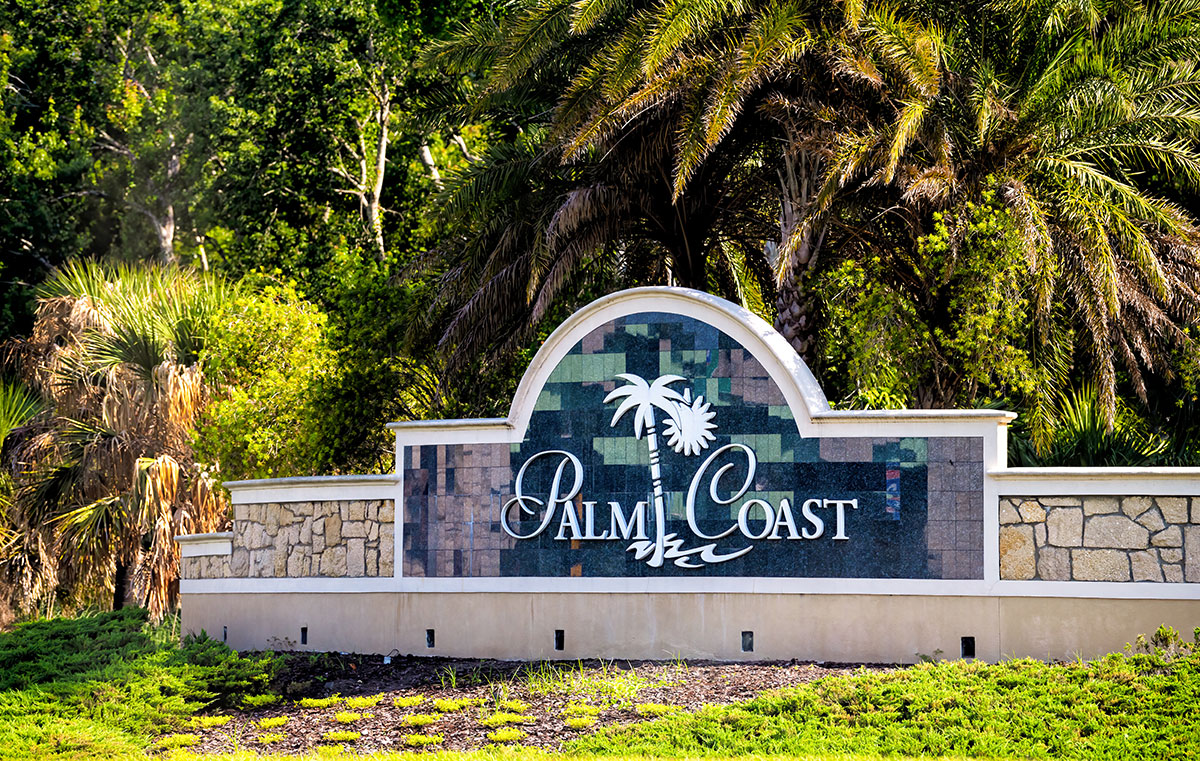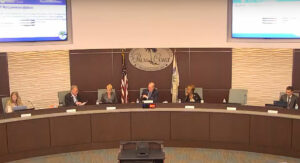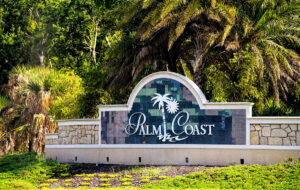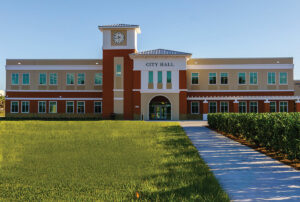Palm Coast Partners with Smart North Florida on Research

All communities want to provide residents with a good quality of life and Palm Coast is no exception. The city recently partner with Smart North Florida, a non-profit organization dedicated to improving the quality of life in the region through collaboration, data coordination and smart technologies along with students from the University of Florida’s Association for Information Systems program on a project titled “Embracing Growth & Preserving Paradise: Traffic, Green Spaces, Heat Islands,” according to a city media release.
While the city has worked hard to maintain a good quality of life for residents, there is a need to evolve in response to its growing community, the release states. With a focus on preserving the environment, the city enlisted the support of the UF AIS students. The effort is part of Smart North Florida’s data coordination program wherein they reduce the data analyst talent gap in the public sector by pairing Master of Data Science teams with public sector and non-profit partners.
The students used their skills to analyze data and create comprehensive maps outlining Annual Average Daily Traffic, Current and Future Land Use, Current and Projected Population Density, and Heat Islands.
According to the release, the city’s Imagine 2050 comprehensive plan update includes a mixed-use residential and commercial expansion into the western border, featuring a new loop road from Matanzas Woods Parkway to Palm Coast Parkway. This development is designed to alleviate traffic congestion, with mixed residential and commercial spaces and dedicated conservation and green space areas.
As Palm Coast expands westward, the comparisons between the current and future zoning maps showcase the city’s commitment to protecting and conserving green spaces. This intentional development strategy is aimed at limiting the heat island effect, ensuring Palm Coast remains an idyllic paradise for residents and visitors alike, the release states.
The full report and accompanying maps the UF AIS students created are available online at https://storymaps.arcgis.com/stories/8938bb27fac24751badc640de9308522.







